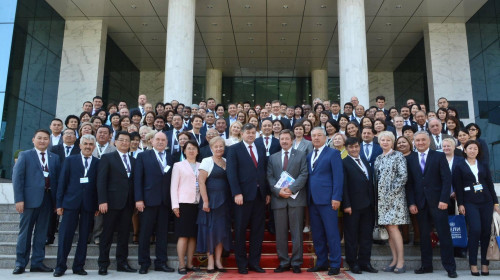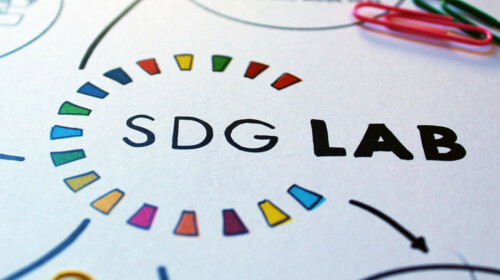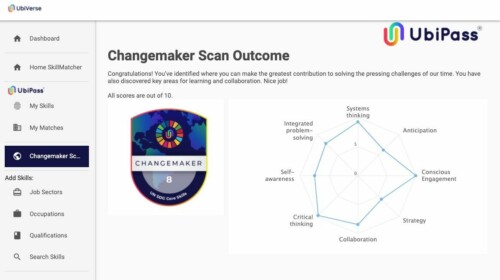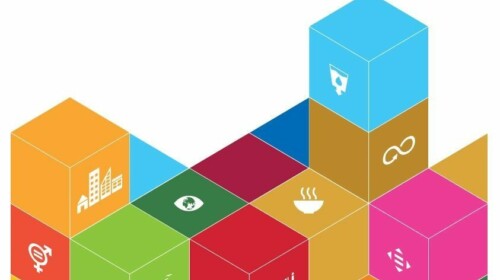In light of the demand for solutions that are nationally-led and nationally-owned and contextualized at the local level, the role of governments at national and sub-national level is key for implementing the sustainable development goals and achieving transformative change. Local communities and stakeholders know individual and collective needs and capacities best, and are therefore critical in piloting and implementing the global agenda. They are policy-makers, catalysts of change, and the level of government best-placed to link the global goals with local communities.
At the same time national and international approaches are key to ensuring an overall coherent institutional set up and regulatory framework. The role of international, national and sub-national civil servants changes as they need to be better able to function in a complex network of actors, seeking coherent solutions across vertical levels and horizontal subject matter areas, encouraging top-down as well as bottom-up exchanges and mutual learning. Read Simona Costanzo Sow’s article to learn more about new approaches to leadership skills and capacity development in the context of the 2030 Agenda.








